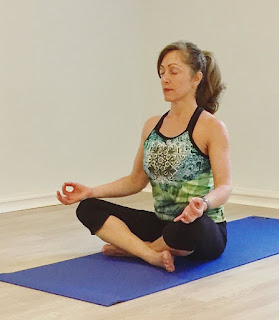Adding life to years is much more fun than just adding years to life. Isn’t that true? Well, many seniors have to invest more time, efforts and a tiny amount money to stay fit, maintain a healthy weight & manage chronic pain and other diseases. In fact, by staying active our metabolism gets revamped allowing the body to reap many benefits at the physical and mental level.
Physical health benefits of regular exercising:
- Boosting the immunity system disease & some types of cancer.
- Improving the digestive, respiratory, cardiac & circulatory systems.
- Maintaining a healthy weight, bone density & muscle mass necessary to burn extra calories.
- Enhancing flexibility, mobility, coordination & balance necessary to prevent risk of falls, osteoporosis & joints chronic conditions.
Mental health benefits of exercising regularly:
- Lowering risk of Alzheimer’s disease.
- Improving quality & ease of falling asleep faster & without pills.
- Slowing down memory loss & cognitive decline.
- Improving brain functions.
- Neutralizing oxidative effects of stress, social, financial, work & family obligations on our body, peace of mind, health & well-being.
When it comes to aging while staying healthy, it is a life duty not just an option.
Take for example cheese and wine, the longer they age-as a process of fermentation- the higher their prove tag is in the market.
Let’s all add more life to our years and not just an extra digit to our age each year.
Every hour we work out, we automatically add more days to our life. The sky is the limit for active seniors.
Let’s stay active.
Blog by FitPlan Trainer & PTA Aide Khalil Rizki


